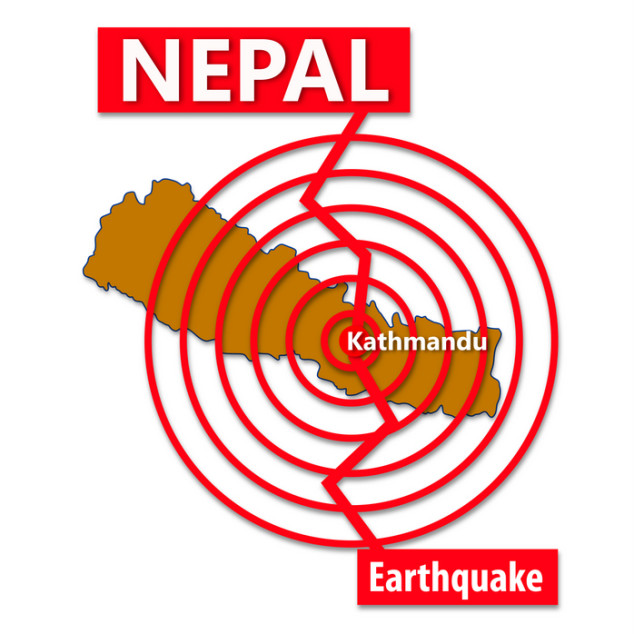Resilience and Mental Health for Nepal
 Resilience and Mental Health for Nepal
Resilience and Mental Health for Nepal
Nick Stockton wrote an excellent article highlighting the importance of addressing mental health issues after a diaster, Let’s Stop Nepal’s Mental Health Crisis Before It Happens. Prevention before something happens is Primary Prevention and if you’ve been following my blogs or attending my classes, you know that is the main focus of everything I do.
An ounce of prevention is worth a pound of cure.
This old adage is true with health. We do it routinely in many areas of life but its potential to improve life is overlooked in many areas. Hand washing is a form of Primary Prevention. So is adequate sleep, good nutrition, and an optimistic outlook.
In his article, Nick quoted Richard Mollica, director of the Harvard Center for Refugee Trauma. He has been “a pioneer in bringing attention to the mental care of people who have lived through mass violence, civil war, torture, and natural disasters.”
“Mentally traumatized people have shorter, more sickly lives, You may not die at first, but you will die 20 years after a catastrophe from diabetes and stroke.”
He’s right. Stress Kills–literally. Without relief the increased stress from the earthquakes will result in immune and digestive systems with significantly impaired function. The increased stress will cause more pre-term births of infants whose chance of a healthy life (or even survival) is lower than it could be.
There is a way to empower people to take perspectives that support mental health. Some mental health professionals have described it as a form of DIY (do-it-yourself) CBT (Cognitive Behavior Therapy). The reason this would be such a beneficial approach in Nepal and other disaster areas is that large groups can be taught the techniques simultaneously because the individual applies the techniques to them self (there is no need to spend hours or days of one-on-one time trying to explain how you’re feeling to someone else. The individual is taught to recognize the difference between more and less mentally healthy habits of thoughts and consciously choose the healthier one. The choice is easy because it literally feels better than not making it. The only form of health focused self-improvement that does not require pain for gain. It’s been successfully used to reduce even long-term ingrained PTSD.
The long-term negative effects can be minimized. Our programs teach these skills. If funding is provided, we are willing to go to Nepal and do all we can to avoid another tragedy for this quiet country.

